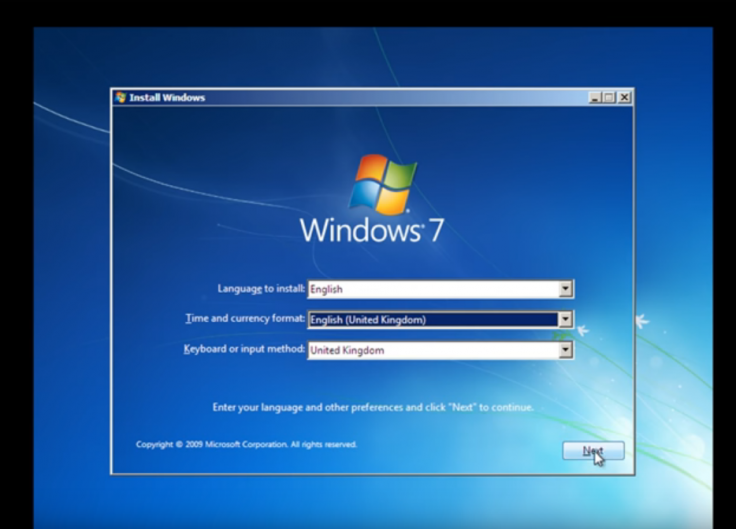
National Health Service, widely known as NHS computers are at the risk of cyberattacks, said Shadow Cabinet Office Minister as one million computers, approximately 76% of the total NHS PCs, could be vulnerable to cyber threats due to backdated software.
As reported by The Sun, since they are using the Windows 7 software which will be outdated in the next six months, NHS will be not able to get any support or security updates after it gets expired.
It should be noted that almost two years ago, an international cyberattack campaign occurred where the hackers used the hacking tools, which was widely believed have been developed by US National Security Agency (NSA), and it hit NHS along with international shipping company FedEx and other 150 countries.
Some of the cybersecurity experts have called this WannaCry attack, the biggest ransomware outbreak in history that cost the NHS £92 million in lost output and IT charges.
Shadow Cabinet Office minister Jo Platt told The Sun that the previous WannaCry attack proved the dangers of using outdated software.
In addition, he mentioned, "Unless the government learns from its mistakes and acts quickly, it is risking a repeat. Protecting public data and computer systems, especially in the NHS should be a high priority for any government."
Even though almost five years ago the tech giant Microsoft stopped providing support for Windows XP, but over 2,000 computers, currently operated by NHS, are still running on the old operating system.
A spokesman from NHS said, "We are committed to the highest standards of cybersecurity across the NHS, and are working hard to update operating systems to the latest software. All Trusts will continue to receive support and security updates while this takes place."
However, as per the Sunday Times, UK Prime Minister Boris Johnson said that he was "determined to deliver" the promises of the Brexit referendum campaign and increase NHS spending and announced a boost of £1.8 billion for NHS hospitals in the country.









